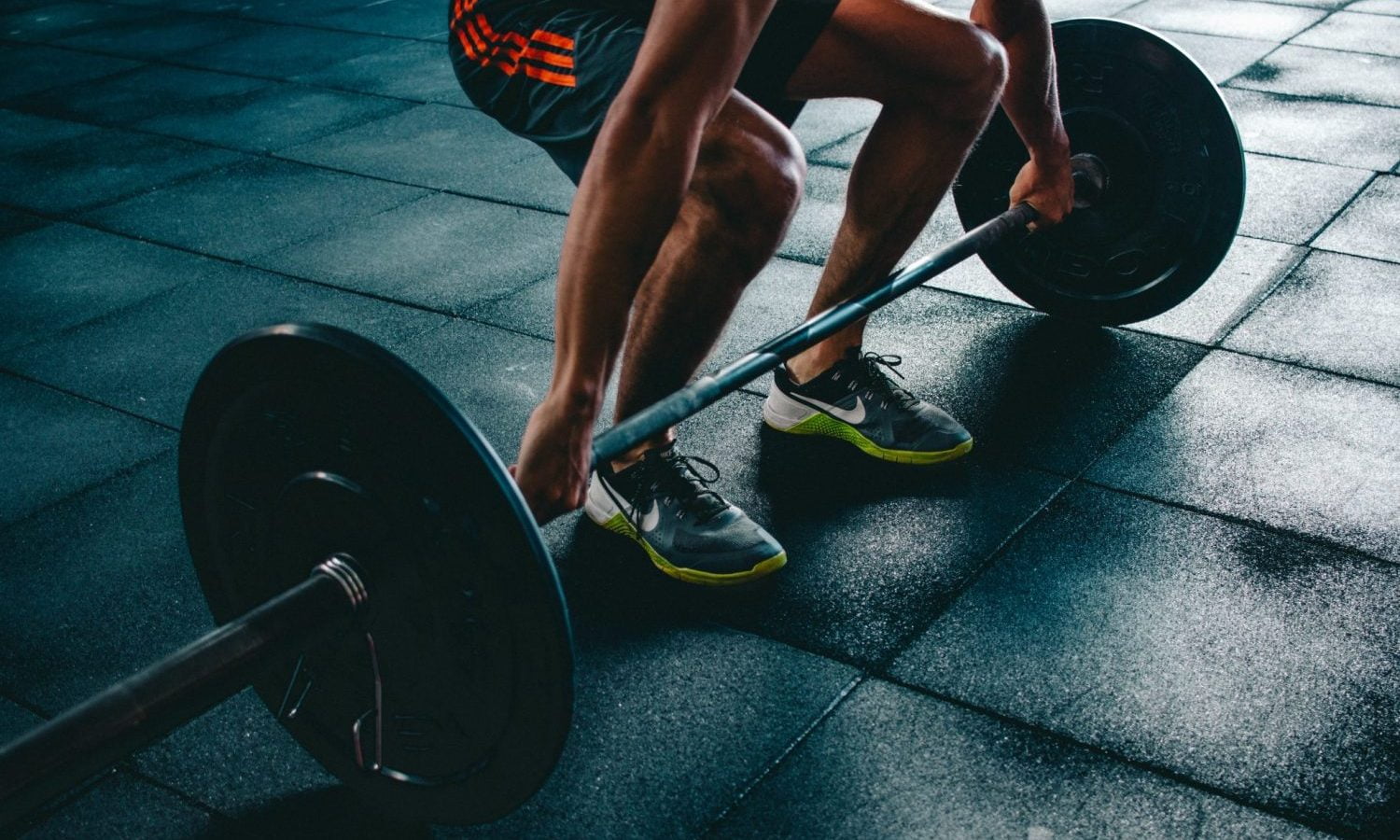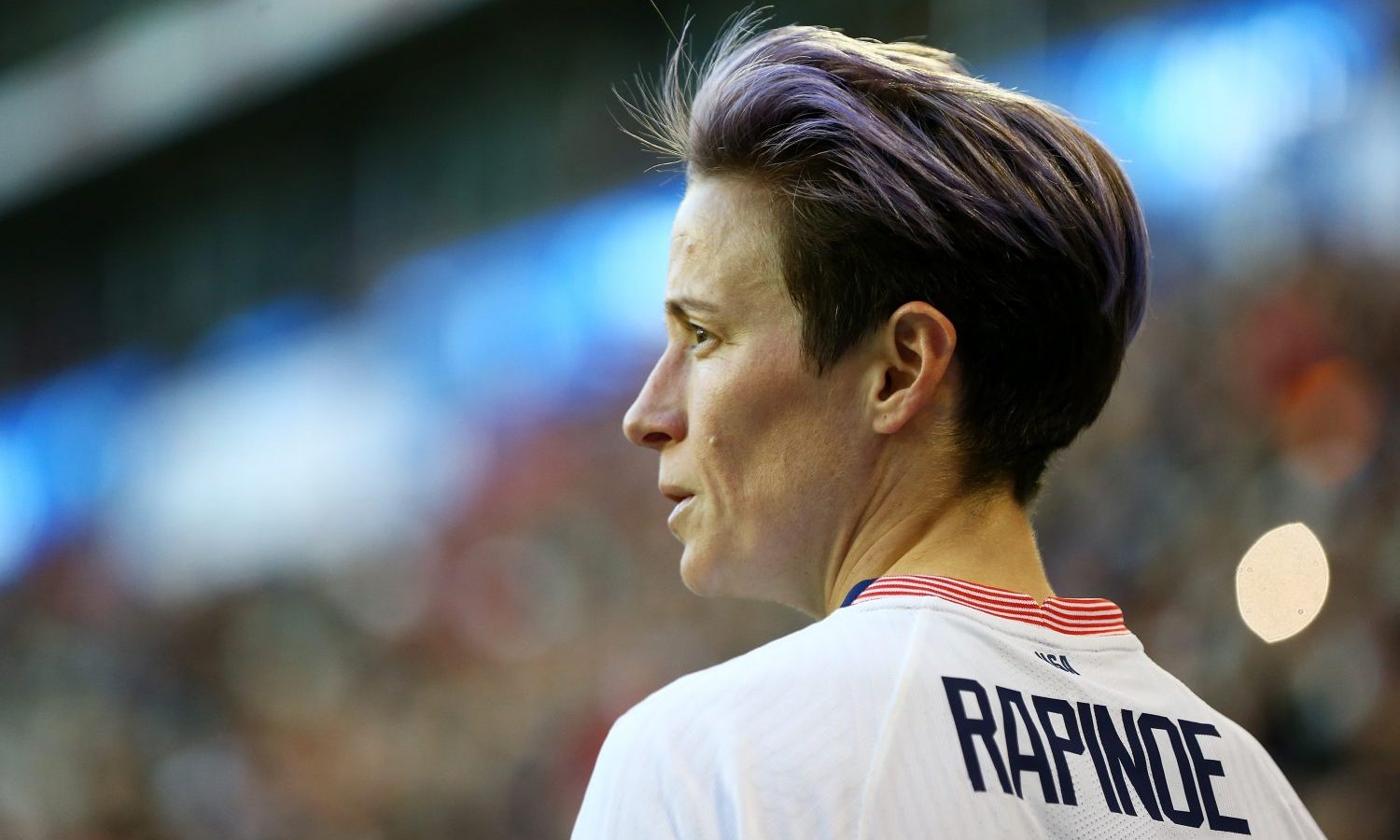
By
Cannabis has never been more accessible. With its popularity skyrocketing, many professional athletes have been outspoken regarding their use of marijuana.
Megan Rapinoe, an Olympic gold medalist, two-time Women’s World Cup soccer champion and 2019 FIFA Women’s World Player of the Year told Benzinga earlier that she ventured into cannabis in a search of a “healthier, more natural option for pain management, sleep aid, relaxation while flying, and general recovery.”

RELATED: It’s Time To Acknowledge The Reality Of THC In Pro Sports
However, it seems that many of her colleagues have been penalized for cannabis use, including U.S. sprinter Sha’Carri Richardson who made international headlines in 2021 after being suspended for one month after testing positive for THC.
To tackle the growing issue, U.S. congressional lawmakers have included a novel section alongside myriad other marijuana provisions in appropriations legislation covering the fiscal year 2023 financing for several federal agencies, reported Marijuana Moment.
House Appropriations Committee leaders’ move is aimed to push international officials to “change how cannabis is treated” as it seeks to put an end to the practice of suspending athletes from competition after being tested positive for cannabis.
The recently released spending bills and attached reports are related to spending packages for the Financial Services and General Government (FSGG), as well as Departments of Labor and Health and Human Services (HHS) and Education.
Now, the committee is urging the U.S. Anti-Doping Agency (USADA), which manages the anti-doping program for all U.S. Olympic and Paralympic Committee-recognized sports, to take action.
RELATED: NCAA Announces More Lenient Policies For Cannabis Use Among College Athletes
“The Committee encourages USADA to support additional research on the effects of cannabis on athletic performance, including whether marijuana use during the in-competition period delivers performance-enhancing effects, and to engage in efforts to change how cannabis is treated under the World Anti-Doping Code and World Anti-Doping Agency Prohibited List,” the committee’s report said.
This article originally appeared on Benzinga and has been reposted with permission.





